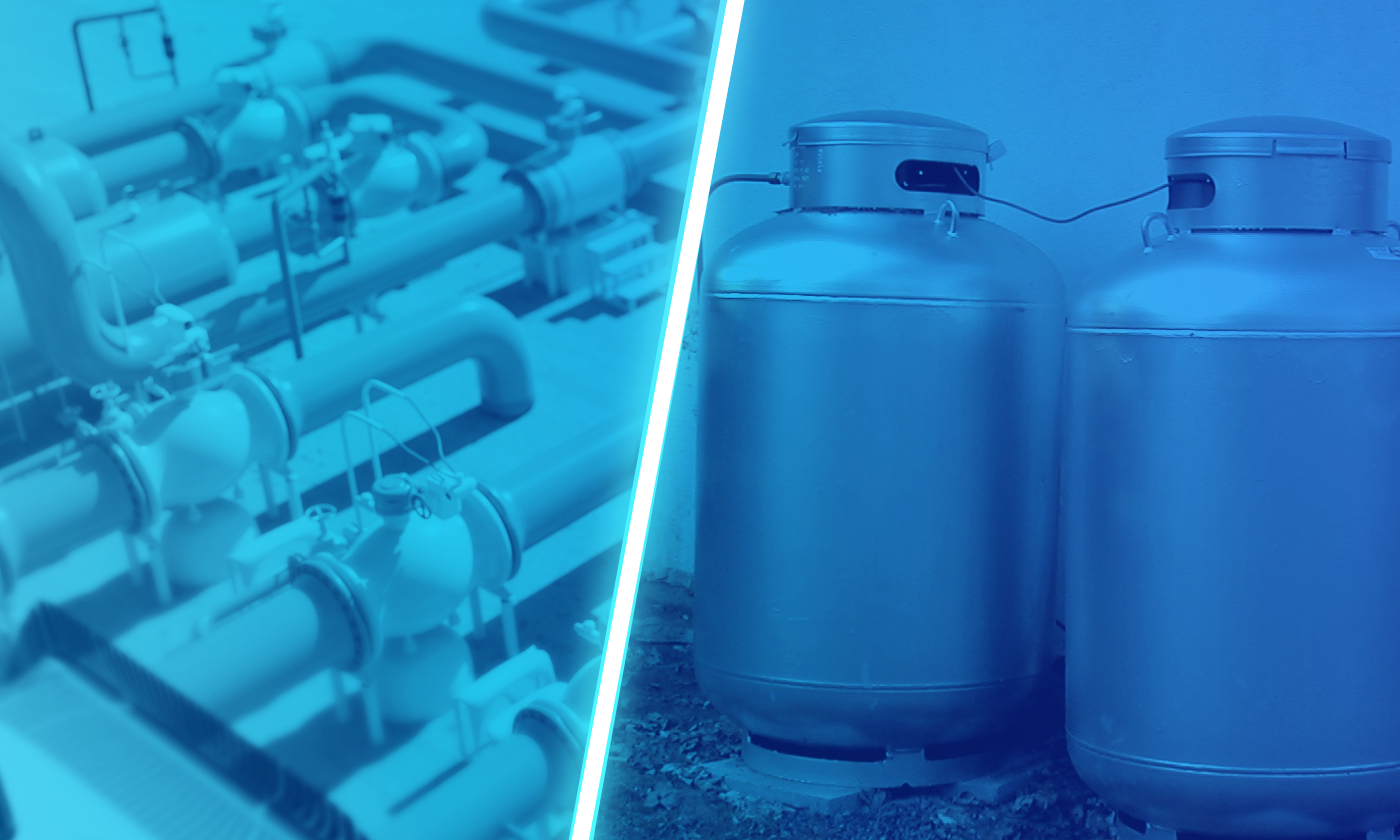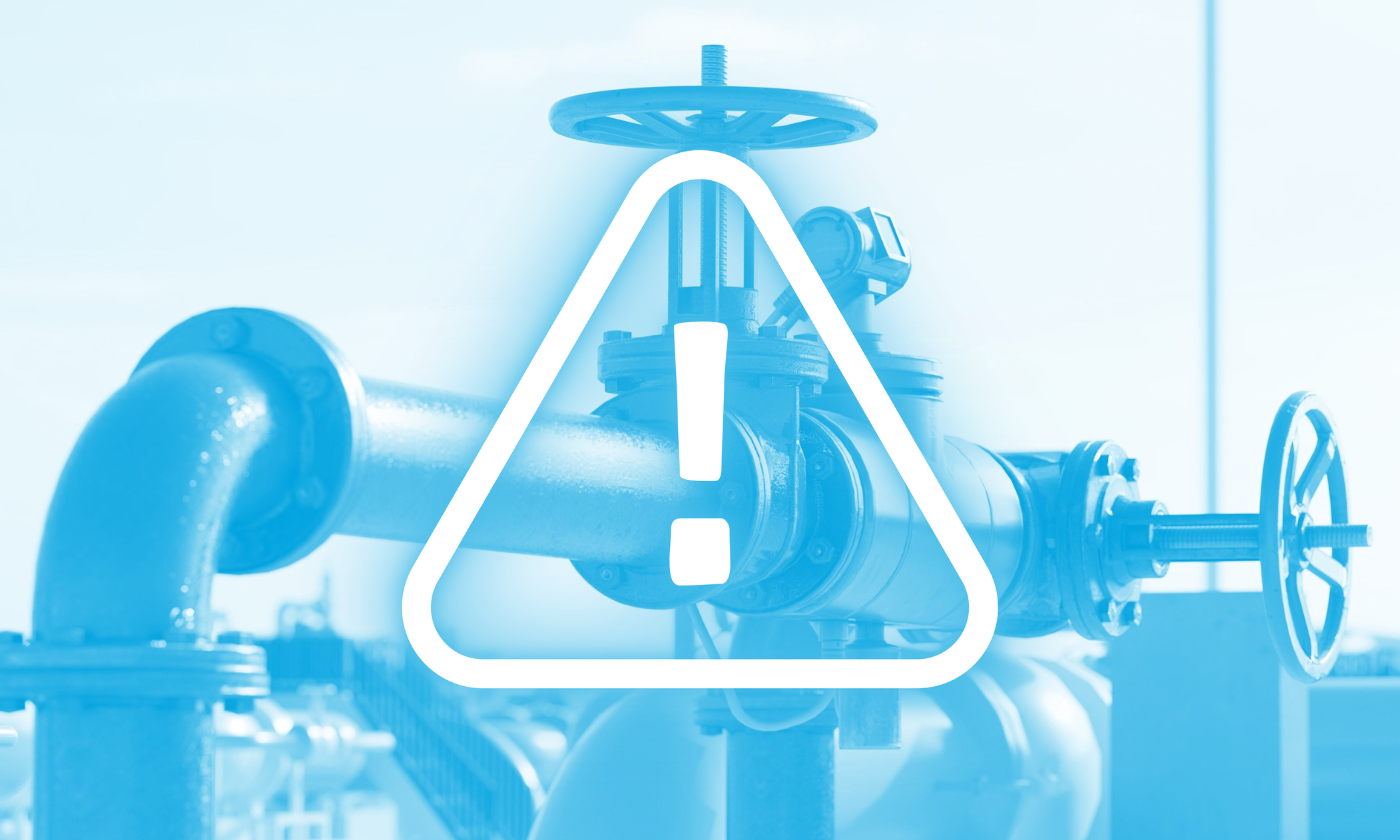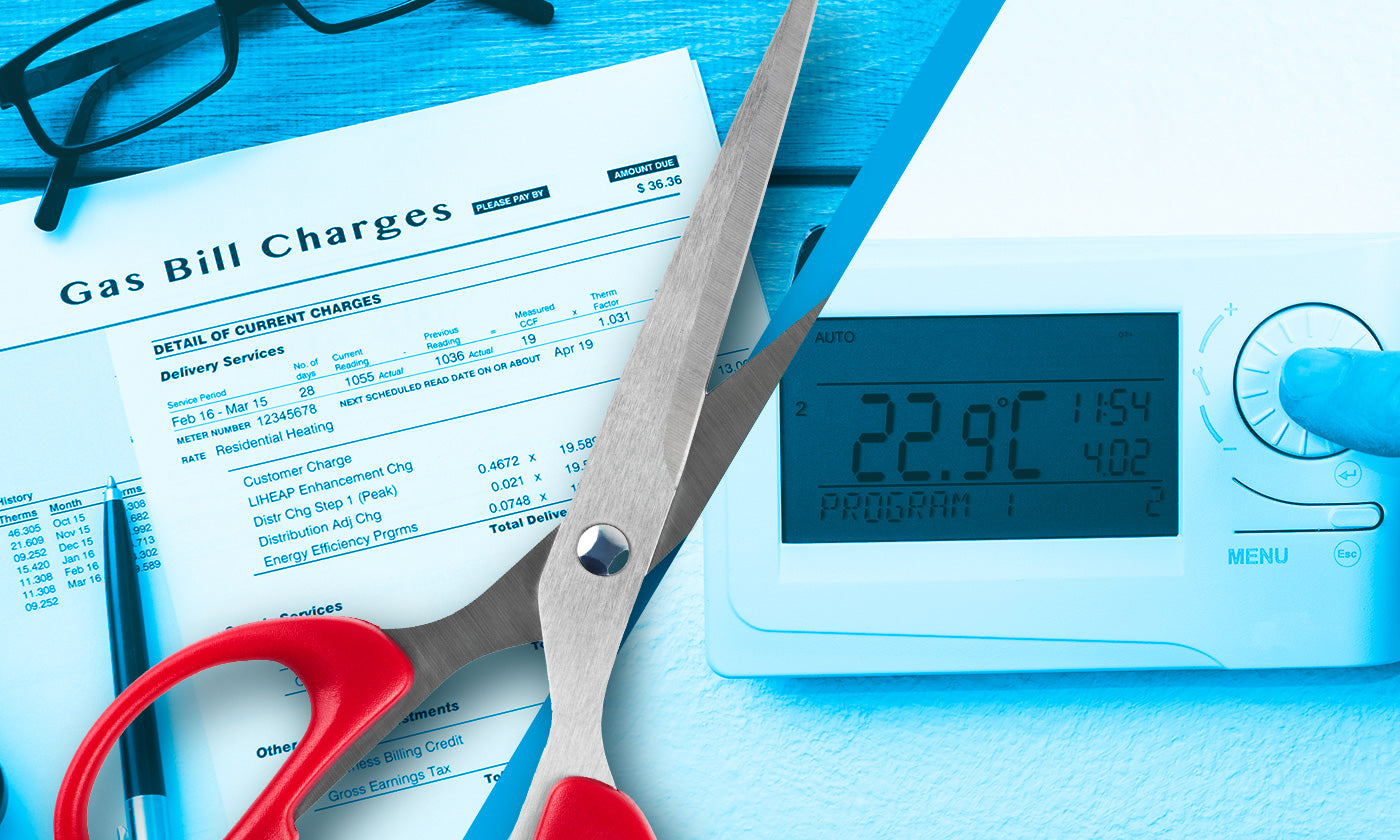天然ガスとプロパンは、住宅や産業の現場でよく使用される 2 つのガスで、家庭や企業に料理や建物の暖房の電力を供給しています。これらのガスは私たちの生活に不可欠な役割を果たしていますが、それらを区別する独特の特性を認識することが重要です。このブログでは、天然ガスとプロパンの違いと、それぞれに必要なガス検知器の種類について説明します。
天然ガスとプロパンガス
天然ガス
天然ガスは主にメタンから成り、何百万年もかけて有機物が分解されて生成されます。地中深くで見つかることが多い化石燃料で、掘削技術を使って抽出されます。天然ガスは暖房、調理、発電によく使用されます。無臭なので、天然ガス漏れを識別できるように香りが付けられることが多く、悪名高い「腐った卵」のような臭いがします。
プロパンガス
プロパンは、天然ガス処理と原油精製から得られる炭化水素ガスです。圧力をかけた状態で液体として保管され、容器から放出されると気体になります。プロパンは、グリル、家庭の暖房、自動車の燃料として広く使用されています。天然ガスと同様に、プロパンは自然状態では無臭ですが、独特の香りを与えるために化学物質が加えられていることがよくあります。
天然ガスとプロパンガスの違い
プロパンガスと天然ガスには、次のような多くの違いがあります。
保管と輸送
天然ガスは通常パイプラインを通じて供給されるため、ガス網が整備されている地域ではより現実的な選択肢となります。一方、プロパンはポータブルタンクに貯蔵され、天然ガスパイプラインが整備されていない場所に輸送できるため、農村地域ではより利用しやすい燃料源となります。
料金
一般的に、天然ガスはプロパンよりもコスト効率が高く、特に既存のインフラストラクチャを通じて容易に入手できる場合はその傾向が顕著です。プロパンは、保管、輸送、遠隔地への配送に関連するコストがあるため、より高価になる傾向があります。
インストール技術
天然ガスは既存のガス供給インフラに接続する必要があり、専門家による設置が必要で、特定の地域ではアクセスが制限されることがよくあります。通常、プロパン システムは専用のパイプラインに依存しないため、より簡単に設置でき、より広範囲の場所に適しています。
効率
天然ガスは発熱量が高いことで知られており、さまざまな機器に効率的な燃料となります。プロパンは非常に効率的ですが、同じ効果を得るためにより多くのガスが必要になったり、性能を最適化するために別の機器が必要になる場合があります。
安全性
天然ガスとプロパンはどちらも可燃性があり、潜在的に危険ですが、プロパンは空気より重いため、低地に溜まり、発火の危険性が高まります。天然ガスは空気より軽いため、漏れた場合に急速に拡散し、適切に監視しないと危険な影響が生じる危険性が高まります。そのため、自宅に包括的でスマートな天然ガス警報システムを設置することは、自分自身、自宅、そして大切な人の安全を確保する上で重要です。
天然ガス検知器とプロパンガス検知器
プロパンガスや天然ガスの安全を確保するには、適切な検知器を自宅に設置することが不可欠です。これらの装置はそれぞれ多少異なり、市場にはさまざまなオプションが用意されています。
プロパンガス検知器は天然ガス検知器と同様に機能しますが、プロパンガスの濃度を検知するように特別に調整されています。ほとんどのプロパン検知器は、プロパンの存在に反応するセンサーを使用しており、漏れを警告するアラームを発します。一部の検知器は、ヒーターや冷蔵庫などのプロパン駆動の機器に組み込まれており、安全性をさらに高めています。
デノバ検出
当社の DeNova Detect 天然ガス検知器は、最新の検知技術を体現した最先端の天然ガス検知器です。当社独自のセンサー技術で製造されており、ご自宅の安全を守るための究極の選択肢です。ガス漏れの危険を警告する点では、競合他社製品より 11 分早く、驚異的な速さで警告します。バッテリーと製品の耐用年数は比類のない基準で、6 ~ 10 年間持続します。これは、米国で入手可能な他のバッテリー駆動型天然ガス警報器の追随を許さない偉業です。
ご自宅に最高の天然ガスの安全性を提供する準備はできていますか? 私たちがお手伝いします。
info@denovadetect.comまでメールを送信するか、Denova Detect の Web サイトにアクセスしてください。





コメントを書く
このサイトはhCaptchaによって保護されており、hCaptchaプライバシーポリシーおよび利用規約が適用されます。